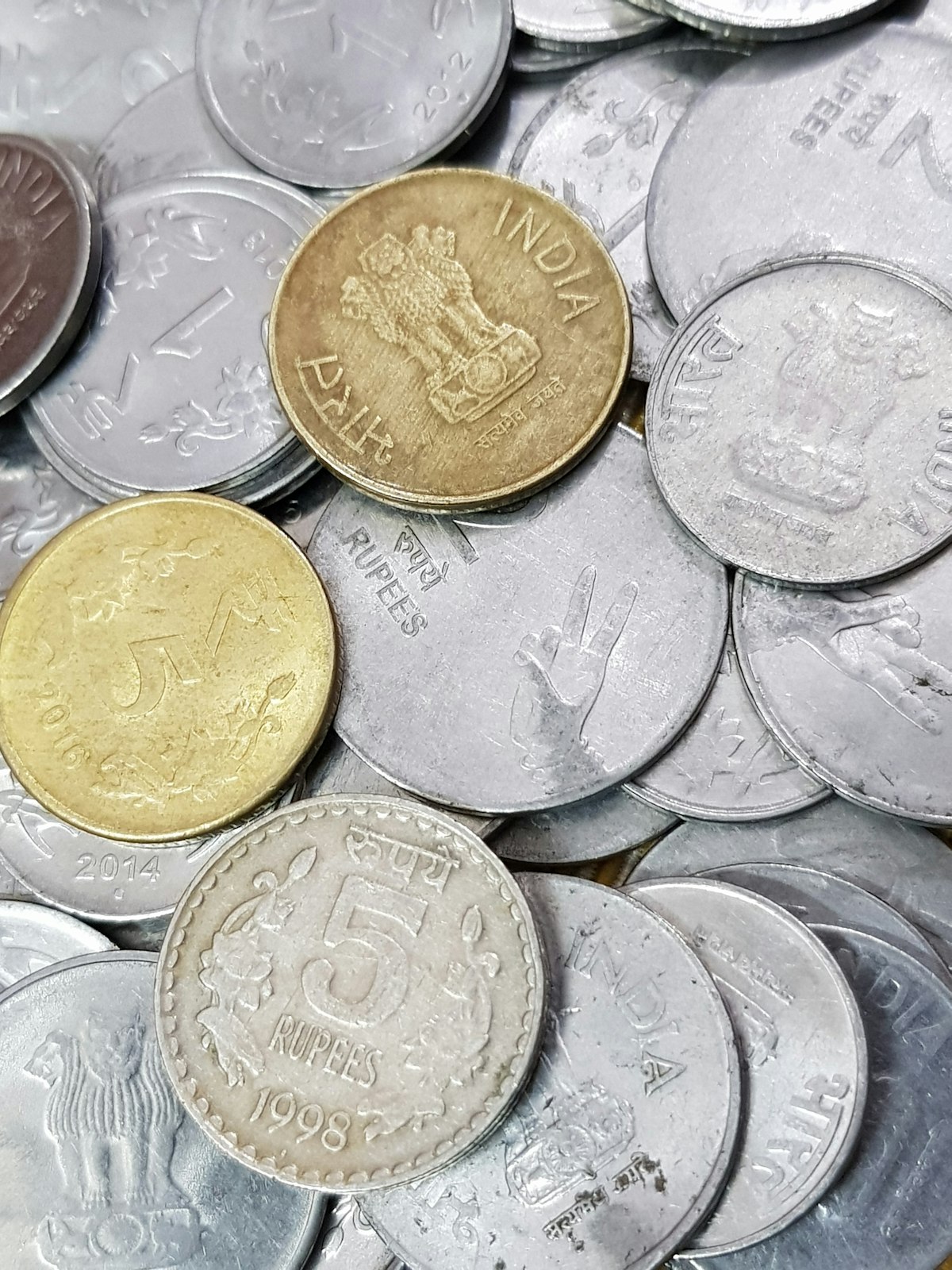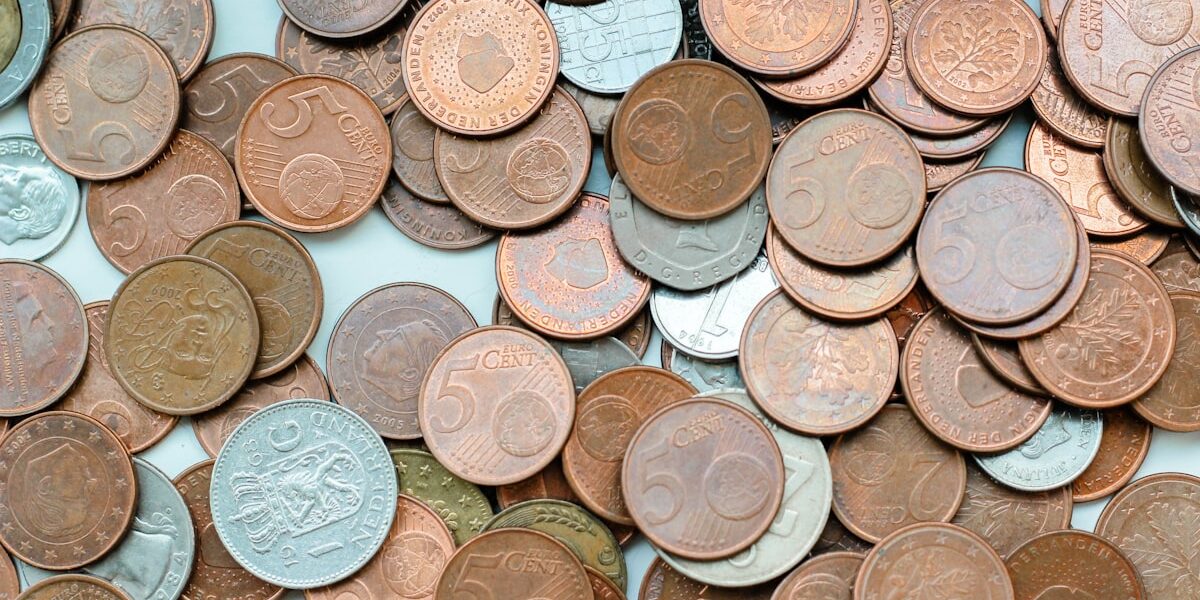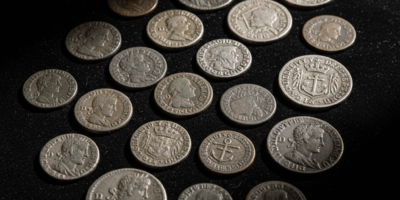Best Place to Sell Coins Near Me
Finding the best place to sell coins depends on several factors. Your approach may vary based on coin type, desired speed of sale, and the preferred mode of transaction. Here’s a breakdown of effective options to consider.

Coin Shops
Local coin shops are a traditional option. These stores specialize in buying and selling coins, so they offer expertise and professional evaluations. Visit shops with good reviews or those recommended by trusted sources. Take your coins in for a free assessment. Coin dealers usually offer immediate cash for valuable coins. However, it’s wise to get multiple offers to ensure a fair price.
Coin Shows
Regularly held in many cities, coin shows gather numerous dealers under one roof. These events are excellent for quick sales and competitive pricing. Walk through the show and talk to various dealers. Compare their offers to find the best deal. Coin shows also provide a chance to learn more about the market and current coin values.
Online Marketplaces
Popular online marketplaces such as eBay, Etsy, and Craigslist offer vast audiences. Create detailed listings with clear photos. Properly describing the coin’s condition will attract serious buyers. Be prepared for various buyers, including collectors and resellers. Keep in mind, though, that these platforms may require fees and you may face shipping responsibilities.
Coin Dealer Networks
Associations like the Professional Numismatists Guild (PNG) and the American Numismatic Association (ANA) list member dealers. These reputable networks connect you with certified professionals committed to ethical standards. Use their websites to find accredited local dealers. Transactions with these experts often lead to better deals and secure sales.
Pawn Shops
Pawn shops are an option for a quick sale. They typically offer lower prices compared to specialized coin shops since their expertise in numismatics is limited. However, they provide immediate cash and convenience. Research local pawn shops and read reviews to find one with a good reputation. It’s wise to know your coin’s value beforehand to negotiate effectively.
Auction Houses
Auction houses handle significant and high-value collections. They can maximize returns through competitive bidding. Contact reputable auction houses known for handling coins. They will likely appraise your items and suggest an appropriate auction setting. Fees can be higher, and sales may take longer, but the potential payoff for rare or high-demand coins is significant.
Local Coin Clubs
Joining a local coin club connects you with fellow enthusiasts. These clubs often have members looking to buy or trade coins. Attend meetings and events to network. Selling within the club can be more straightforward and rewarding, leveraging shared interests and trust. Additionally, you’ll gain insights into the industry and local market trends.
Bank and Financial Institutions
Some banks and financial institutions offer coin appraisal and purchase services, particularly for valuable or minted coins. Not all banks provide this service, so it’s necessary to call and inquire at your local branches. This option can be convenient and secure, but typically, expect appraisals rather than direct purchases. They might refer you to a trusted partner for selling.
Online Coin Dealers
Many online coin dealers buy coins directly from individuals. Websites like APMEX, JM Bullion, and Heritage Auctions provide platforms for selling. Request a quote, and if acceptable, follow their shipping instructions. Online dealers often cover shipping costs and provide insurance, reducing risk. Read reviews to ensure they are reliable and well-rated before engaging.
Local Jewelers
Some local jewelers buy and sell collectible coins, especially ones with significant precious metal content. Visit jewelers known for handling estate sales or precious metals. A jeweler’s appraisal can be beneficial in understanding your coin’s metal value. Just be aware they may not offer full collectible market value unless they specialize in numismatics.
Mail-In Services
Companies like National Coin Broker offer mail-in appraisals and purchasing options. These services are convenient for those unable to visit dealers or shows. They provide prepaid, insured envelopes for you to send coins securely. After appraising, they offer a purchase price. If declined, they return your coins at no cost. Always check company reviews and policies before sending your coins.
Estate Sales and Auctions
If part of a larger collection, estate sales and auctions can attract interested buyers. Contact local estate sales companies specializing in valuables. They can handle the entire process, from marketing to transactions. Alternatively, self-organized estate auctions can work, though they require more effort. Properly market your auction to reach the right audience.
Consignment Shops
Some consignment shops deal in coins. You leave your coins with them, and they sell on your behalf. You share profits based on a pre-agreed percentage. This approach removes immediate sale pressure, allowing time for the right buyer. Research consignment shops’ reputation and fees to ensure it fits your needs.
Flea Markets and Antique Shows
Flea markets and antique shows can be unconventional yet effective. Rent a table or booth to display your coins. These venues attract a mix of collectors and casual buyers. While potentially less lucrative than specialized venues, they offer exposure and sales opportunities with little upfront cost. Prepare to educate potential buyers about the value and significance of your coins.
Local Classifieds and Community Boards
Utilize local classifieds in newspapers or online community boards like Facebook Marketplace and Nextdoor. These platforms connect you with nearby buyers, potentially speeding up the sale process. Create detailed, honest listings. Highlight unique features and historical background. Always meet in safe, public places when dealing with strangers.
Friends and Family
Sometimes the best buyer is someone you know. Inform friends and family about your intention to sell. They might be looking to start a collection or know someone interested. This route can simplify the selling process and increase trust. Be clear about pricing to avoid any misunderstandings.
Recommended Collecting Supplies
Coin Collection Book Holder Album – $9.99
312 pockets for coins of all sizes.
20x Magnifier Jewelry Loupe – $13.99
Essential tool for examining coins and stamps.
As an Amazon Associate, we earn from qualifying purchases.



